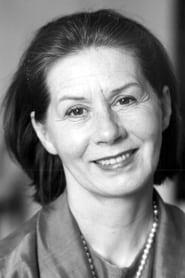Popular Movies
- Popularity
- Release Date
- Imdb
Libgart Schwarz
Libgart Schwarz is an Austrian stage and screen actress. She studied at the Max Reinhardt Seminarium in Vienna. In 1967 she married Pater Handke. They have a daughter, Amina. Libgart Schwarz was recruited by Peter Stein to the Schaubühne ensemble, where she also worked with Luc Body.

Tv Show
Where to watch in United States